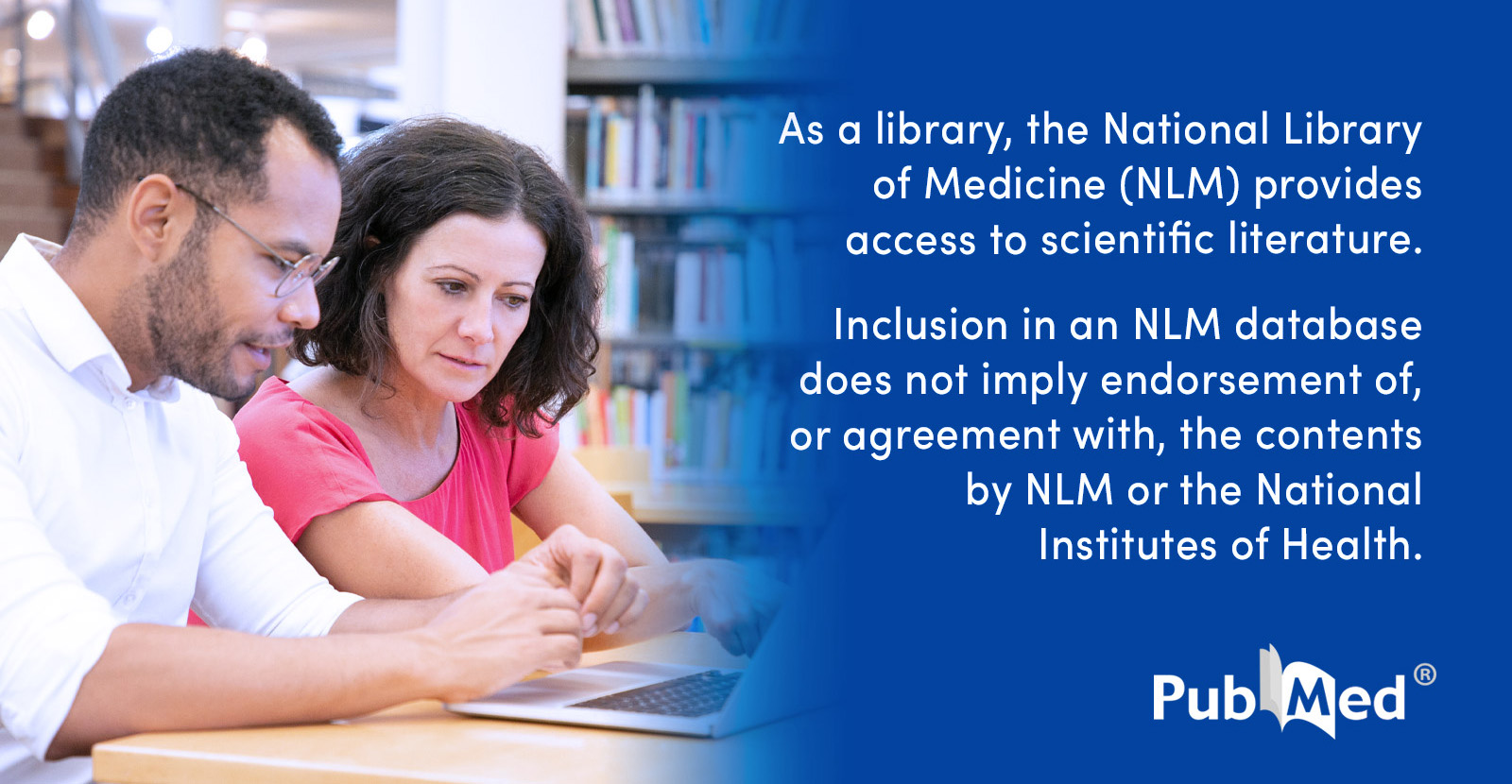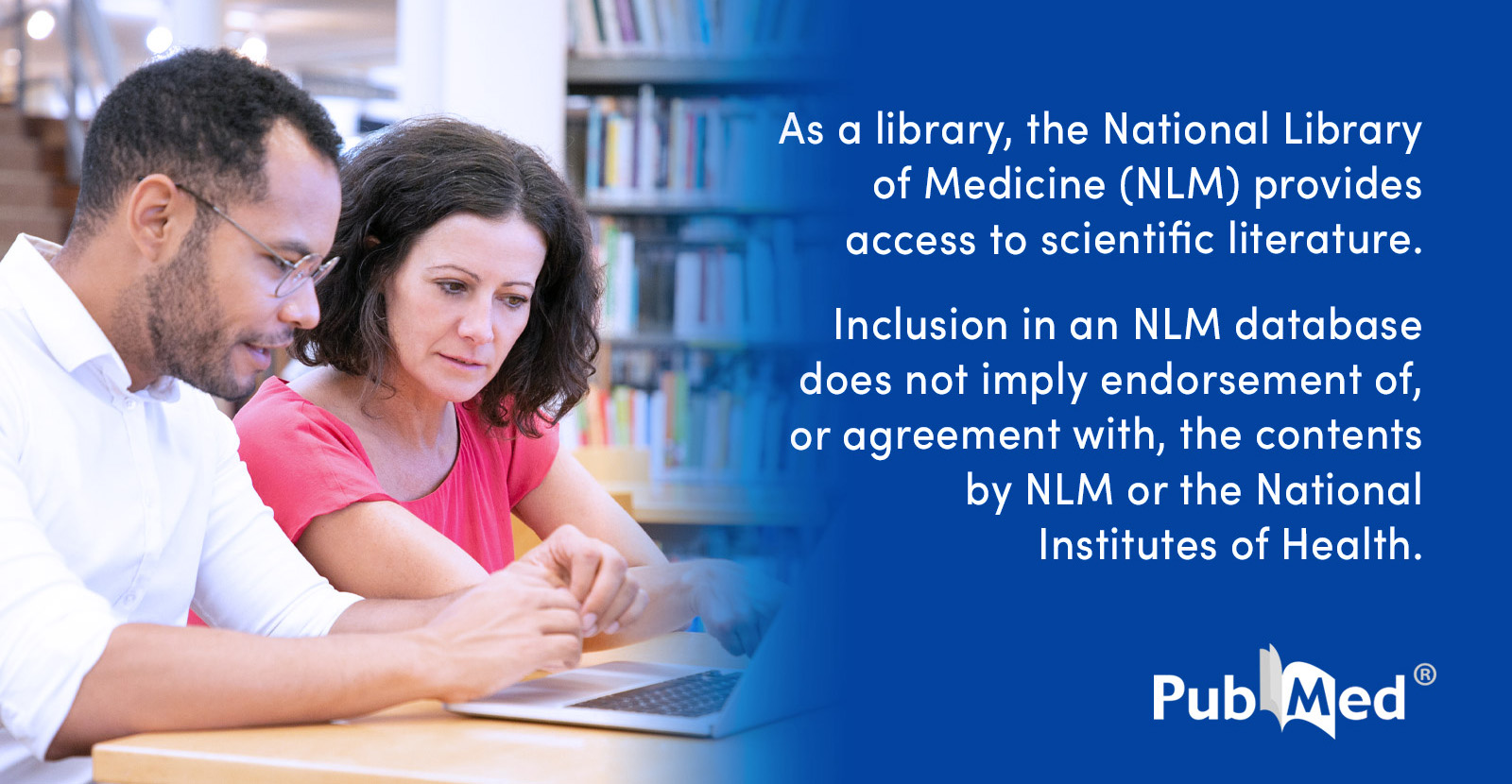Associations between coping style, illness perceptions and self-reported symptoms after mild traumatic brain injury in prospectively studied pre-morbidly healthy individuals.
Autor: Anderson, Jacqueline F. I.; Fitzgerald, Paul
Publication year: 2020
Neuropsychological rehabilitation
issn:1464-0694 0960-2011
doi: 10.1080/09602011.2018.1556706
Abstract:
This study investigated whether coping style and/or illness perceptions are related to the severity of self-reported post-concussion syndrome (PCS) symptoms in the post-acute period after mild traumatic brain injury (mTBI). We hypothesised that reporting of early and late enduring-type PCS symptomatology (self-reported symptoms) would be significantly and negatively associated with: (a) an active “approach” coping style and (b) the belief that the injury would have negative consequences on the respondent’s life. Using a prospective observational design we assessed 61 pre-morbidly healthy individuals who were admitted to hospital after an mTBI. Participants were assessed with measures of coping style and illness perception as well as PCS, depressive, anxiety and post-traumatic stress symptomatology. After controlling for current psychological distress, approach coping style significantly and independently predicted the severity of self-reported symptoms for early-type PCS symptomatology, but not late enduring-type PCS symptoms. The extent to which the respondent believed their symptoms were due to the mTBI significantly and independently predicted both early and late enduring-type PCS symptoms. This study indicates that different patterns of coping and illness perceptions are associated with early vs. late enduring types of PCS symptoms; this may have implications for the treatment of post-injury self-reported symptoms.
Language: eng
Rights:
Pmid: 30560733
Tags: Humans; Female; Male; Prospective Studies; Adult; Middle Aged; Young Adult; Severity of Illness Index; Self Report; Brain Concussion/*physiopathology; Coping; *Diagnostic Self Evaluation; Adaptation, Psychological/*physiology; Anxiety/*physiopathology; Depression/*physiopathology; Illness perceptions; Mild traumatic brain injury; Post-concussion syndrome; Post-Concussion Syndrome/physiopathology; Self-reported symptoms; Stress Disorders, Post-Traumatic/*physiopathology
Link: https://pubmed.ncbi.nlm.nih.gov/30560733/








